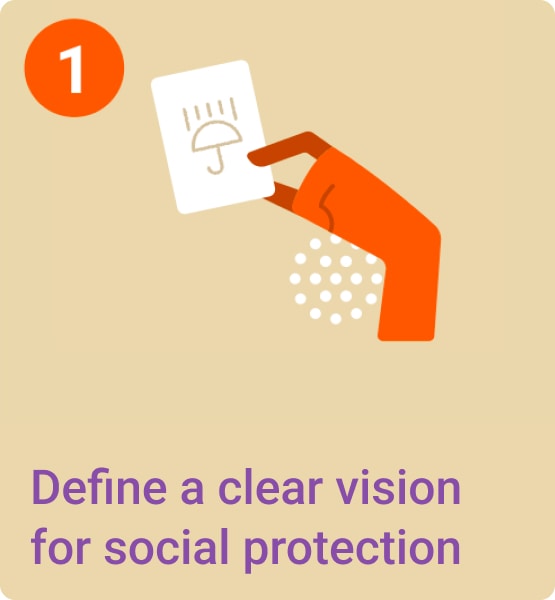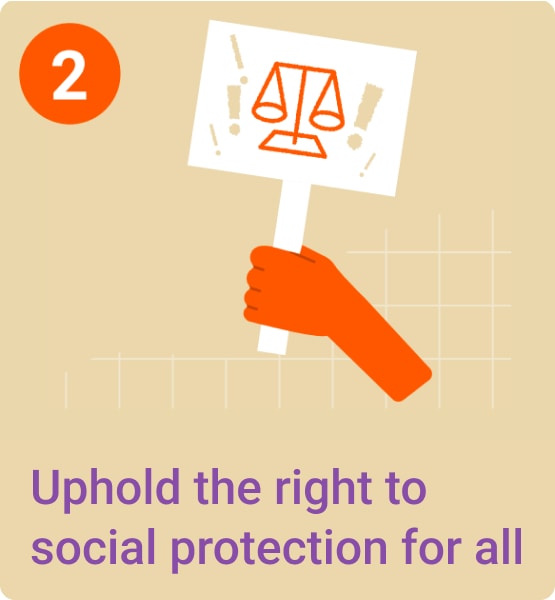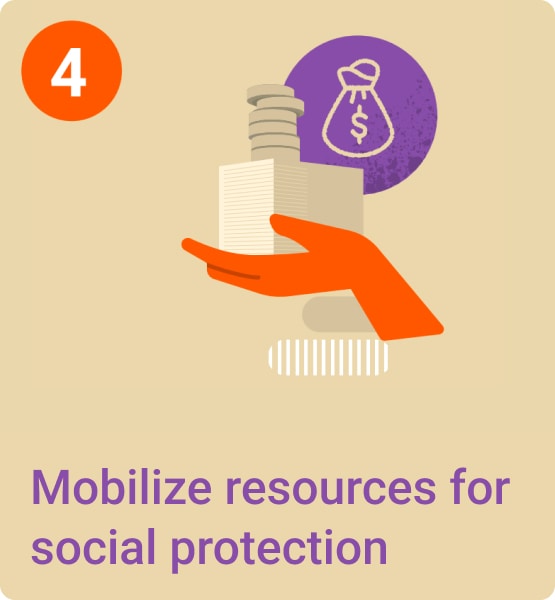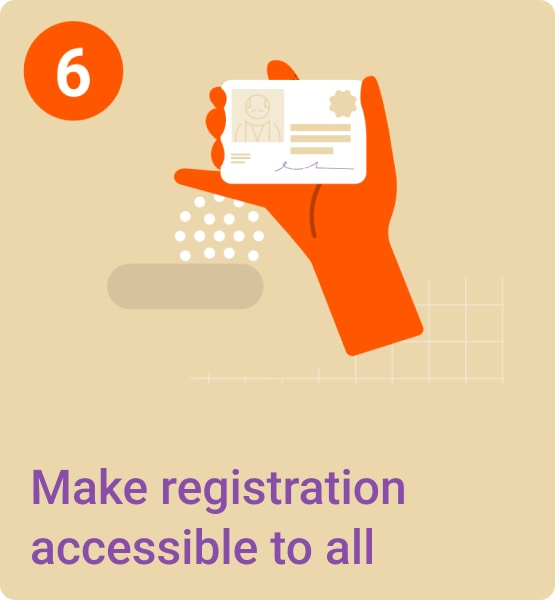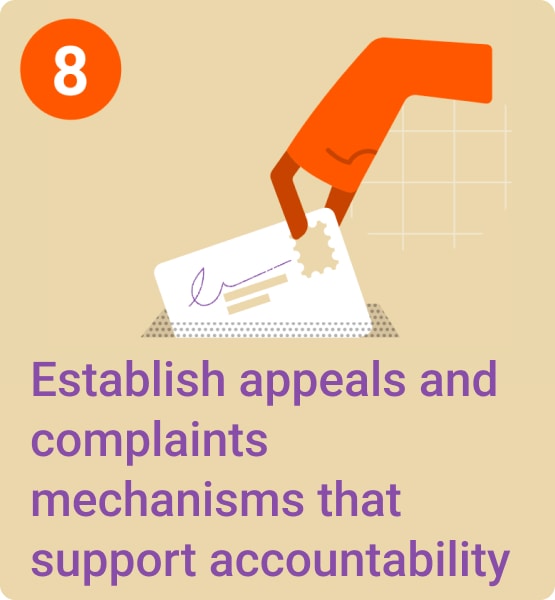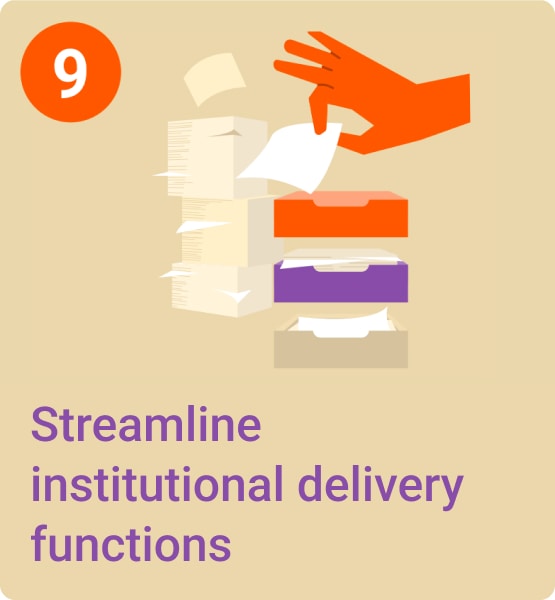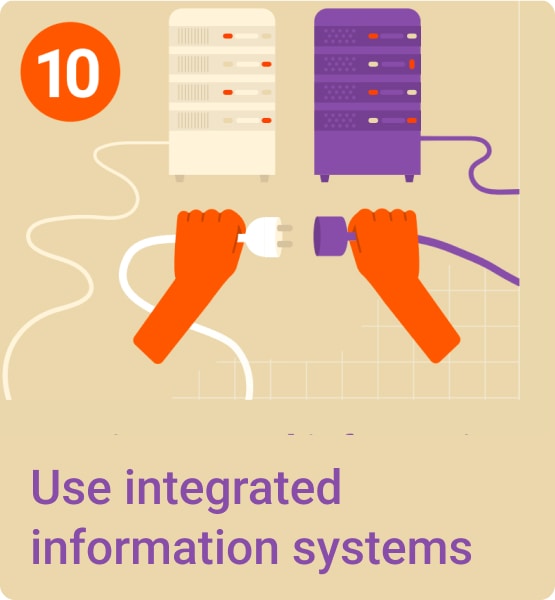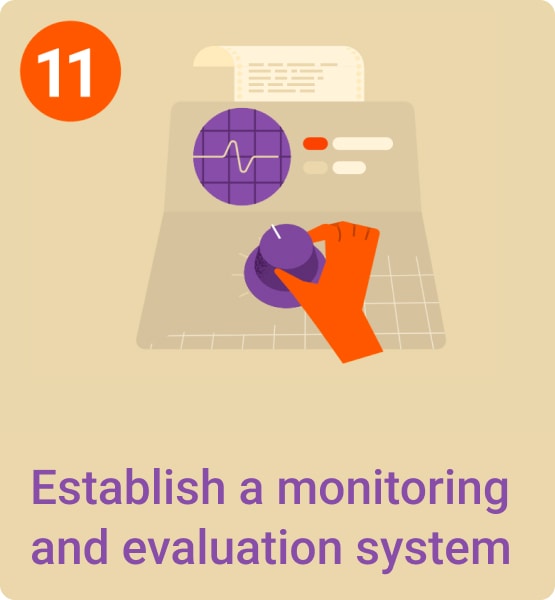1. The Action Plan
2. National Actions
1. Right to social protection
2. Adequate benefits
3. Responsive and inclusive systems
4. Effective Implementation
5. Allocation of funds
6. Engagement of Stakeholders
7. National coverage targets
8. Strategies to achieve targets
9. Data on social protection
10. Partnerships and peer learning
11. Development cooperation
12. Progress on implementation
3. Building Inclusive
1. What is the Action Plan
ESCAP Action Plan to Strengthen Regional Cooperation on Social Protection in Asia and the Pacific (Action Plan) is a shared vision and platform to promote more inclusive and comprehensive social protection systems in Asia and the Pacific.
ESCAP member States adopted the Action Plan in October 2020; an acknowledgement of social protection as a key development policy needed to achieve inclusive and sustainable development in Asia and the Pacific.
The principles of universal social protection and the Social Protection Floor Initiative are the guiding frameworks for ESCAP’s work in this area. Through the Action Plan, ESCAP aims to support national and regional efforts by enhancing the capacity of member States to build and strengthen inclusive social protection systems.
Through the Regional Action Plan, ESCAP aims to support national and regional efforts by enhancing the capacity of member States to build and strengthen inclusive social protection systems.
2. National Actions towards achieving more inclusive and comprehensive social protection systems
The Action Plan identifies 12 broad measures that can foster more inclusive and comprehensive social protection systems:
1
Ensure the right to social protection for all without discrimination throughout
the life cycle, including by adopting necessary legislative, regulatory, administrative and other
measures to this end;
2
Progressively design and realize, including through social dialogue, comprehensive
and sustainable social protection systems for all that enable every person to access social protection
at adequate benefit levels and thereby enjoy an adequate standard of living, in accordance with
national circumstances, throughout his or her lifetime;
3
Ensure that social protection systems are shock responsive, gender sensitive and
relevant to the needs of vulnerable populations;
4
Ensure that the implementation of social protection is efficient, coordinated,
non-discriminatory, reliable and transparent, with public availability of appeal and complaint
mechanisms institutionalized as part of the service delivery process;
5
Allocate sufficient public funds, and increase these levels where required,
towards the realization of social protection for all at the national level, with due regard to social
and intergenerational solidarity and the sustainability of national social protection systems;
6
Encourage national civil society entities and private sector organizations to
engage actively in the field of social protection, as appropriate, towards the realization of social
protection for all;
7
Consider setting achievable national targets, including intermediate targets,
based on country contexts within the indicator framework of Sustainable Development Goal 1.3,
including through the establishment of the following:
- A national baseline of the population covered by social protection programmes for 2021, by sex and age;
- Intermediate targets for the population covered by social protection programmes by 2025, by sex and age;
- National targets to reach the entire population with social protection programmes by 2030, by sex and age;
8
Develop strategies to achieve these targets and integrate them into national
development plans and social protection sectoral plans and frameworks;
9
Develop and strengthen national data management systems and processes to
facilitate the collection, management and analysis of social protection data that are accurate,
relevant and timely;
10
Promote partnerships, peer learning, knowledge exchange and the sharing of good
practices among countries in Asia and the Pacific through North-South, South-South and triangular
cooperation frameworks;
11
Ensure that development support from partners is aligned with core national social
protection priorities and corresponding technical assistance and capacity building needs;
12
Share national experiences in the form of a progress report, to be produced on a
voluntary basis, on the progress made and challenges faced in implementing the Action Plan, at future
sessions of the Committee on Social Development.

